Meta said on September 25 that it would end its direct peering relationship with German carrier Deutsche Telekom. Instead, the company will reroute traffic from its platforms and services (Facebook, Instagram, WhatsApp) through third-party providers, not directly through Deutsche Telekom.
Meta warns that this will increase the risk of network delays, reduced performance/quality and service disruptions for Deutsche Telekom subscribers using Meta's platform.
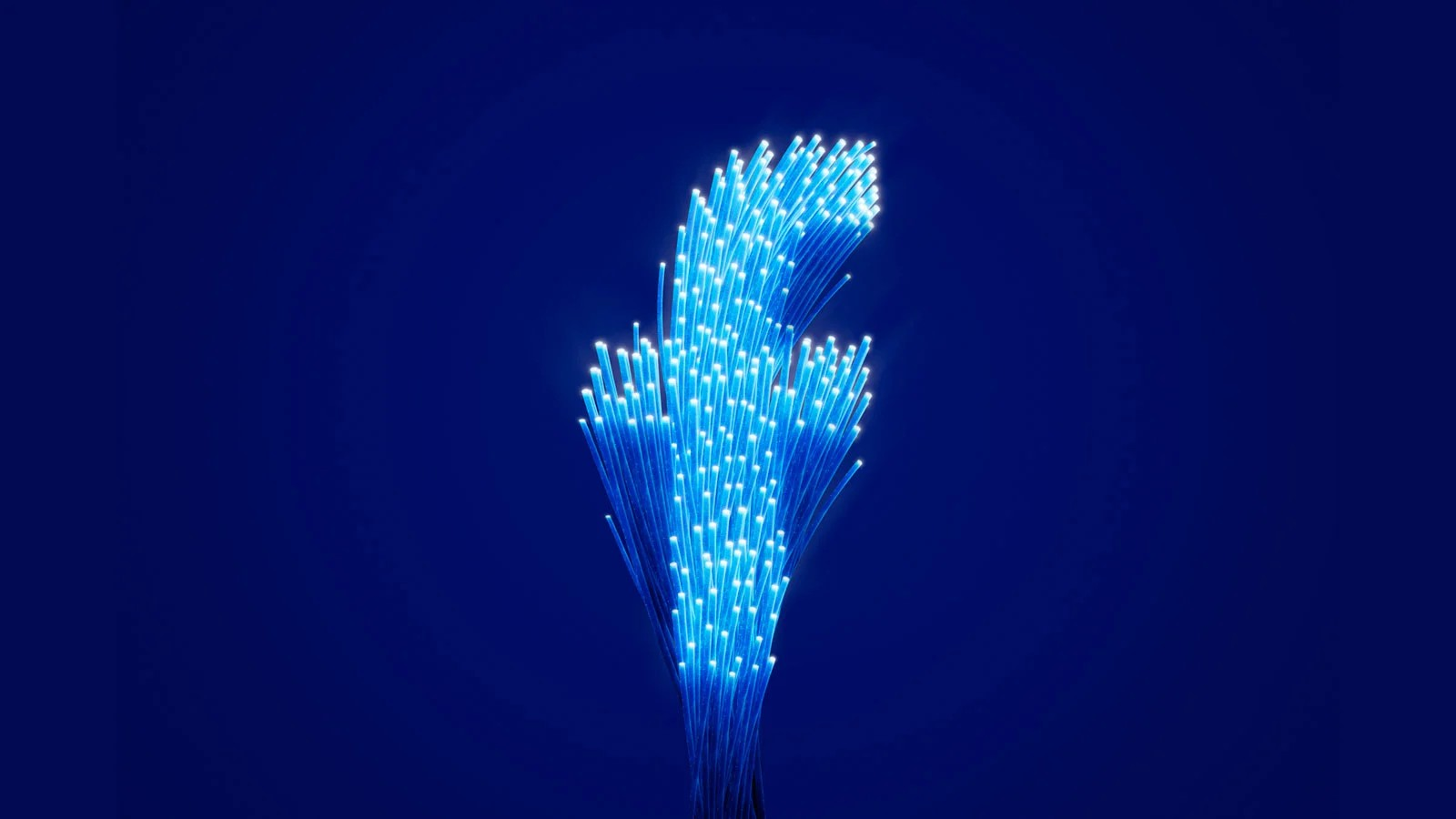
Direct interconnect is a term used to describe a relationship between two Internet service providers (ISPs) or an ISP and a large service provider (such as Meta) that exchange data (peering) directly instead of over the Internet to improve quality.
“After months of discussions, we are surprised and disappointed by the breakdown in negotiations with Deutsche Telekom. We have settlement-free agreements in Germany and around the world with ISPs, allowing their users fast and high-quality access to our applications,” Meta wrote in a blog post.
However, Deutsche Telekom “fired back” with a blog post the same day. Titled “Meta is not above the law”, the German network operator claimed that the American technology company had once again “distorted the truth”.
Accordingly, all data traffic from Meta to the carrier's network via direct connection is charged. During the Covid-19 pandemic, Meta stopped paying, so Deutsche Telekom filed a lawsuit and was approved by the Cologne Regional Court.
To avoid paying, Meta reroutes traffic through third parties and does not reach a direct network agreement in the future.
According to Deutsche Telekom, instead of accepting the sentence, Meta is “playing a gross foul game”. The operator affirmed that it will continue to charge Meta for data transportation.
Deutsche Telekom also pointed out that the dispute with Meta is not just a difference of opinion between the two companies, but also a question of whether there is equality between the parties involved, or whether the power of the strongest can manipulate the Internet. “A company like Meta cannot be above the law,” the German network wrote.
The case underscores the urgent need for action in Brussels, according to Deutsche Telekom. The telecoms company cited the European Commission’s proposal for a binding dispute resolution mechanism: if Big Tech and carriers can’t agree on an appropriate data rate, an arbitrator – like a regulator – would decide.
On the one hand, operators do not need to go to court in the future to recover money, and on the other hand, “big guys” like Meta cannot make unilateral, short-term decisions that endanger the functioning of the Internet as a whole, Deutsche Telekom argues.
According to telecoms expert John Strand, Meta's average revenue per user (ARPU) has increased 10 times in the 10 years since Meta and Deutsche Telekom signed their first deal in 2010.
According to the latest quarterly earnings report, Meta ARPU was $11.89, while Deutsche Telekom's mobile ARPU fell below $10/month.
Not to mention, Deutsche Telekom has invested in upgrading its network as it moves to 5G. This partly explains why Deutsche Telekom wants Meta to pay it more.
In 2010, Deutsche Telekom and Meta (then Facebook) signed a deal in which Deutsche Telekom dedicated 24 dedicated network points with 50 ports and 5,000 gigabits per second data speeds in seven locations “exclusively for Meta services,” including Facebook, Instagram, and WhatsApp. Meta paid approximately 5.8 million euros per year for bandwidth.
After 10 years, Meta asked Deutsche Telekom for a 40% discount. Deutsche Telekom disagreed and offered a 16% discount.
Before reaching an agreement, the Covid-19 pandemic occurred.
Meta canceled the agreement at the end of 2020. In March 2021, Deutsche Telekom allowed Meta to continue using the portals “for the benefit of customers” until a new agreement was signed.
However, Meta invoked the concept of settlement-free and refused to pay. In a blog post on September 25, Facebook's parent company said that this was a fundamental part of direct interconnection agreements such as those signed with Deutsche Telekom.
Deutsche Telekom will sue Meta's German subsidiary in the Cologne Regional Court in December 2022. According to the network operator, if it does not collect fees for using the asymmetric network of large enterprises, it will put great financial pressure on ISPs, increase costs for consumers or reduce investment in network infrastructure.
In May 2024, Meta lost the case and the court ordered it to pay 20 million EUR to Deutsche Telekom to continue using their network.
Meta disagreed, saying the ruling set a dangerous precedent and threatened net neutrality and open internet standards. The company said it had invested more than €27 billion in global infrastructure by 2022 alone, helping to reduce the load on ISPs and essentially reduce their costs. The failure to reach an agreement led to today's split.
(Synthetic)
Source: https://vietnamnet.vn/meta-nghi-choi-nhat-quyet-khong-tra-20-trieu-eur-cho-nha-mang-duc-2326048.html



![[Photo] Action for the Community tells stories of enduring journeys – both intimate and great, yet quiet and determined](https://vphoto.vietnam.vn/thumb/1200x675/vietnam/resource/IMAGE/2025/11/15/1763179022035_ai-dai-dieu-5828-jpg.webp)







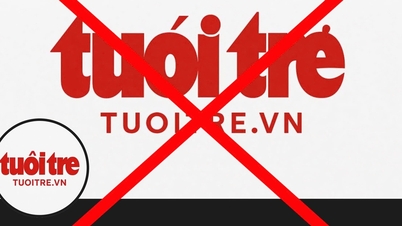
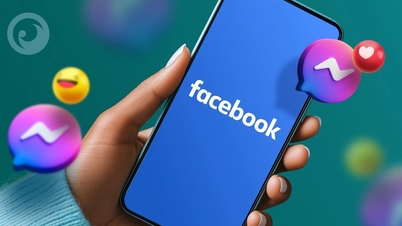











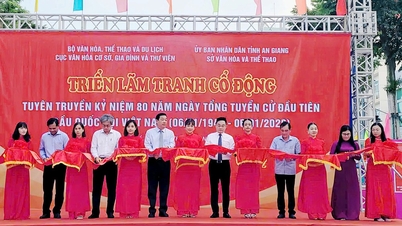







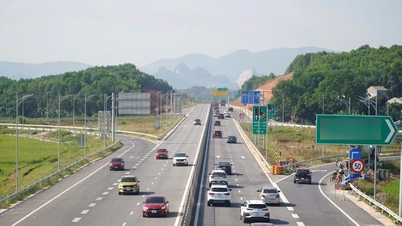

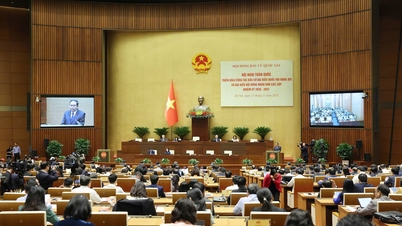

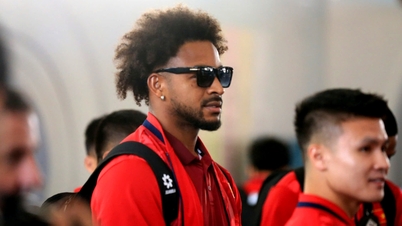
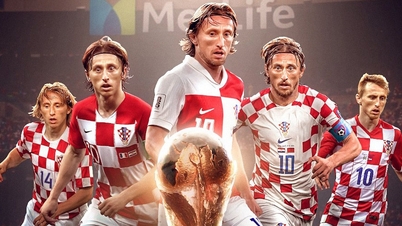
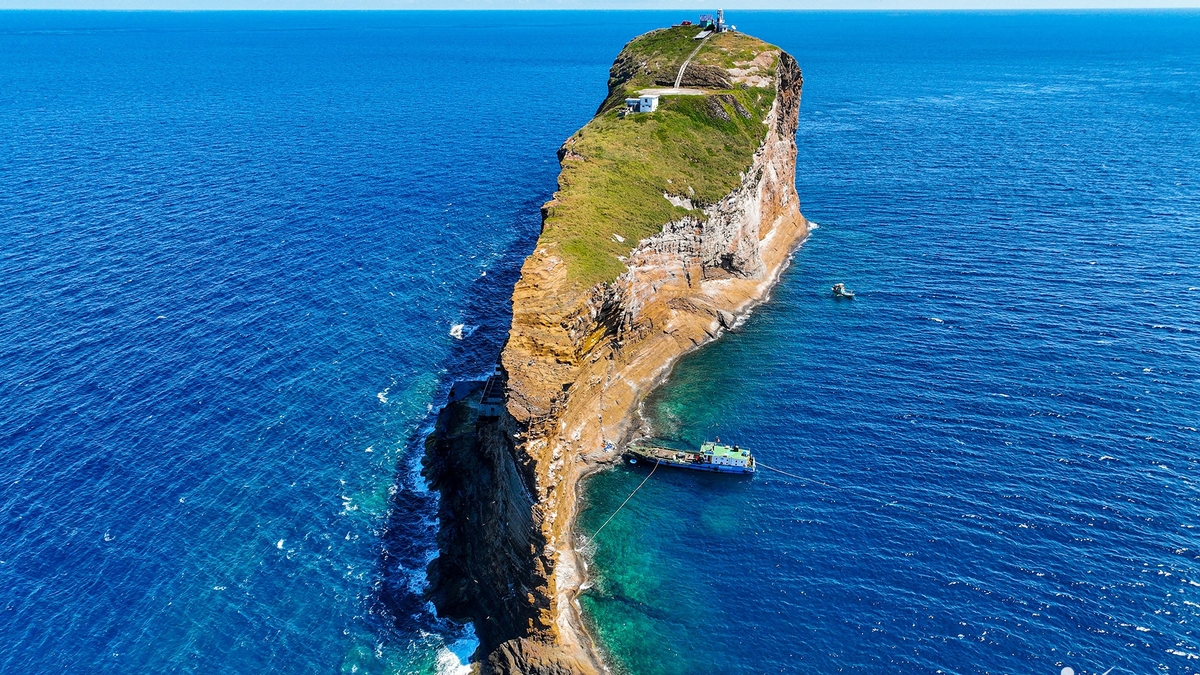
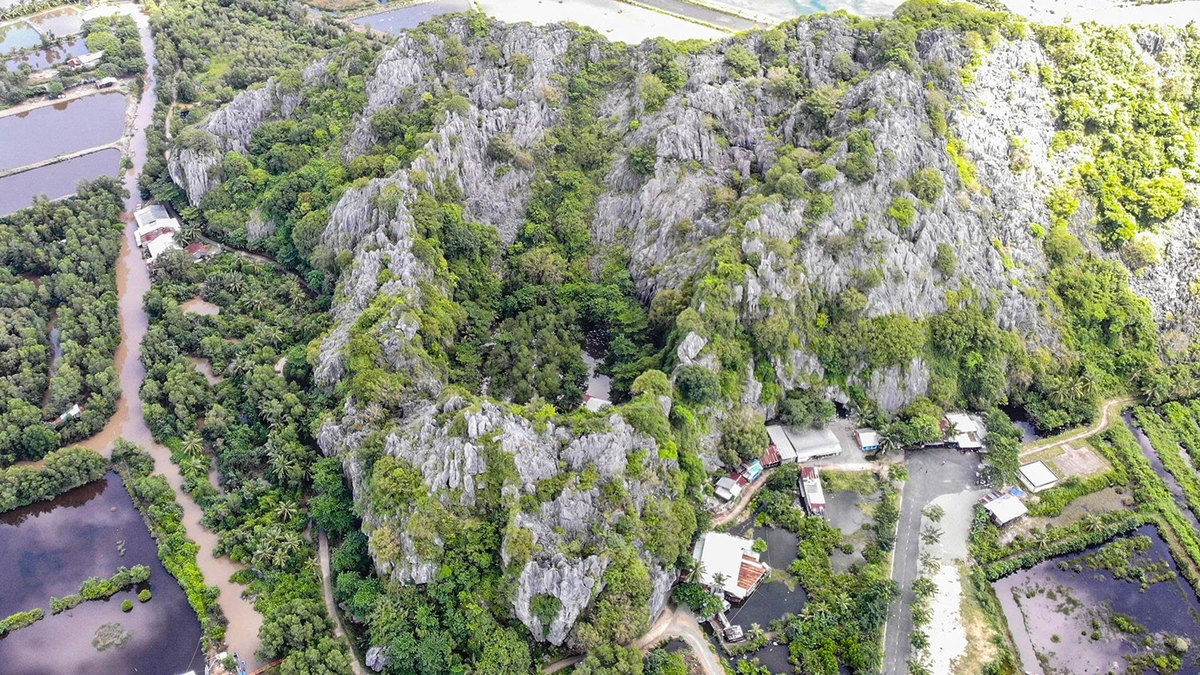

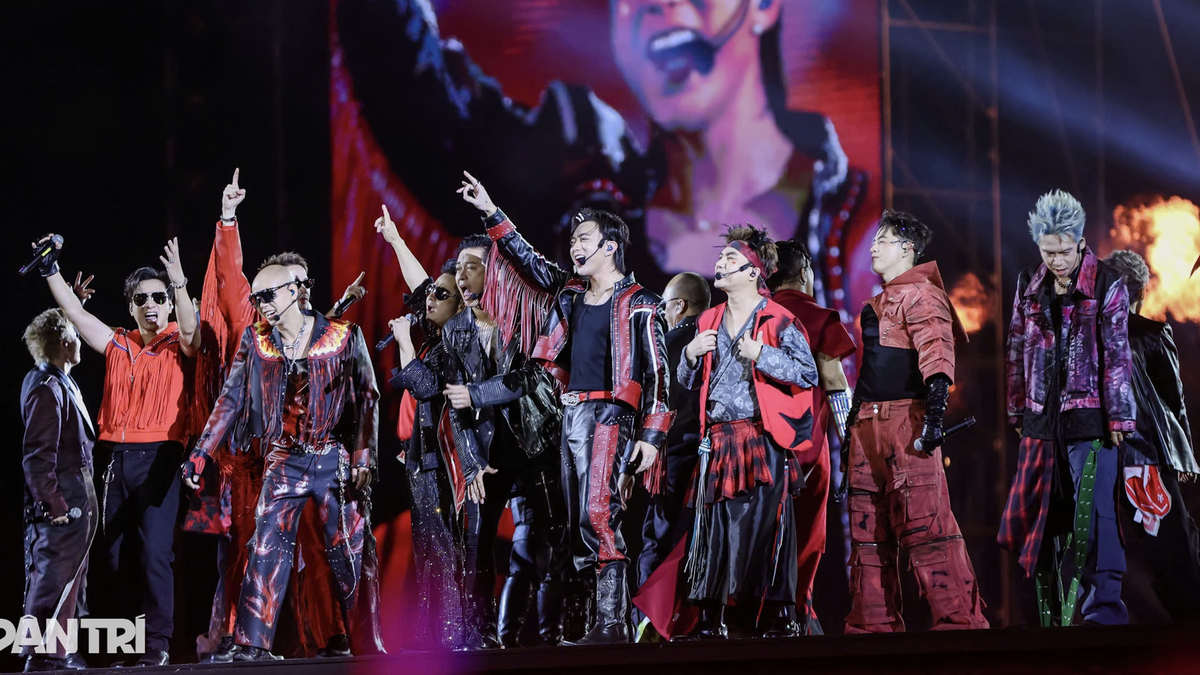
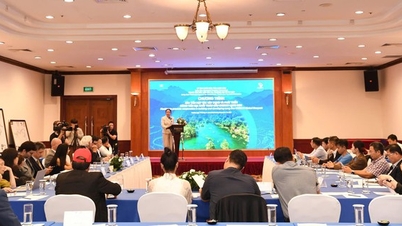



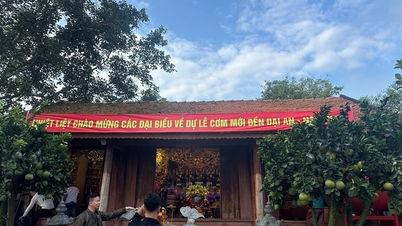







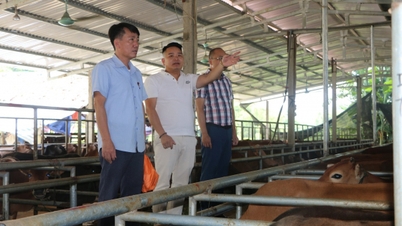



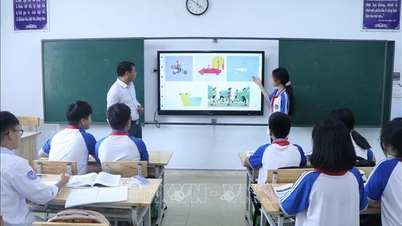



















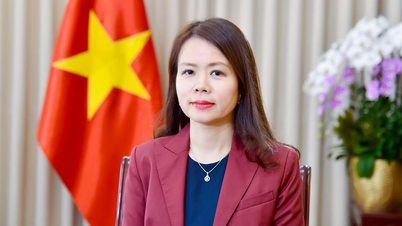
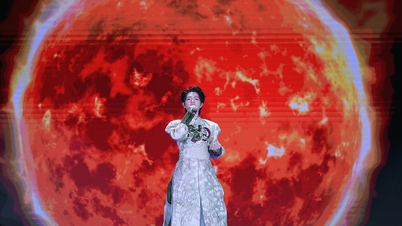




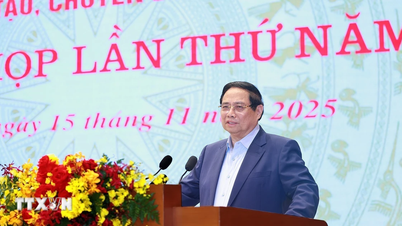
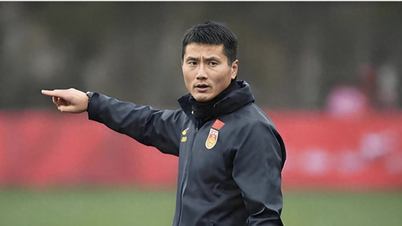


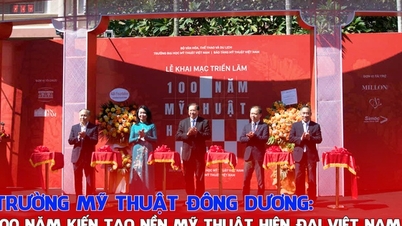



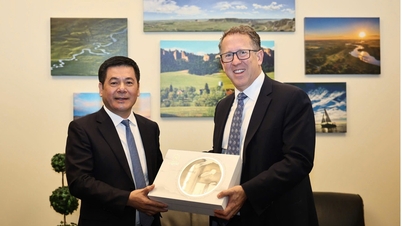

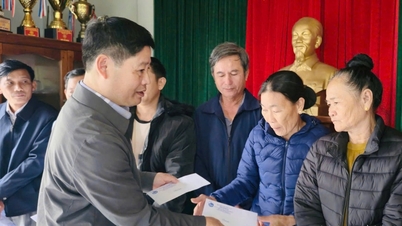





















Comment (0)